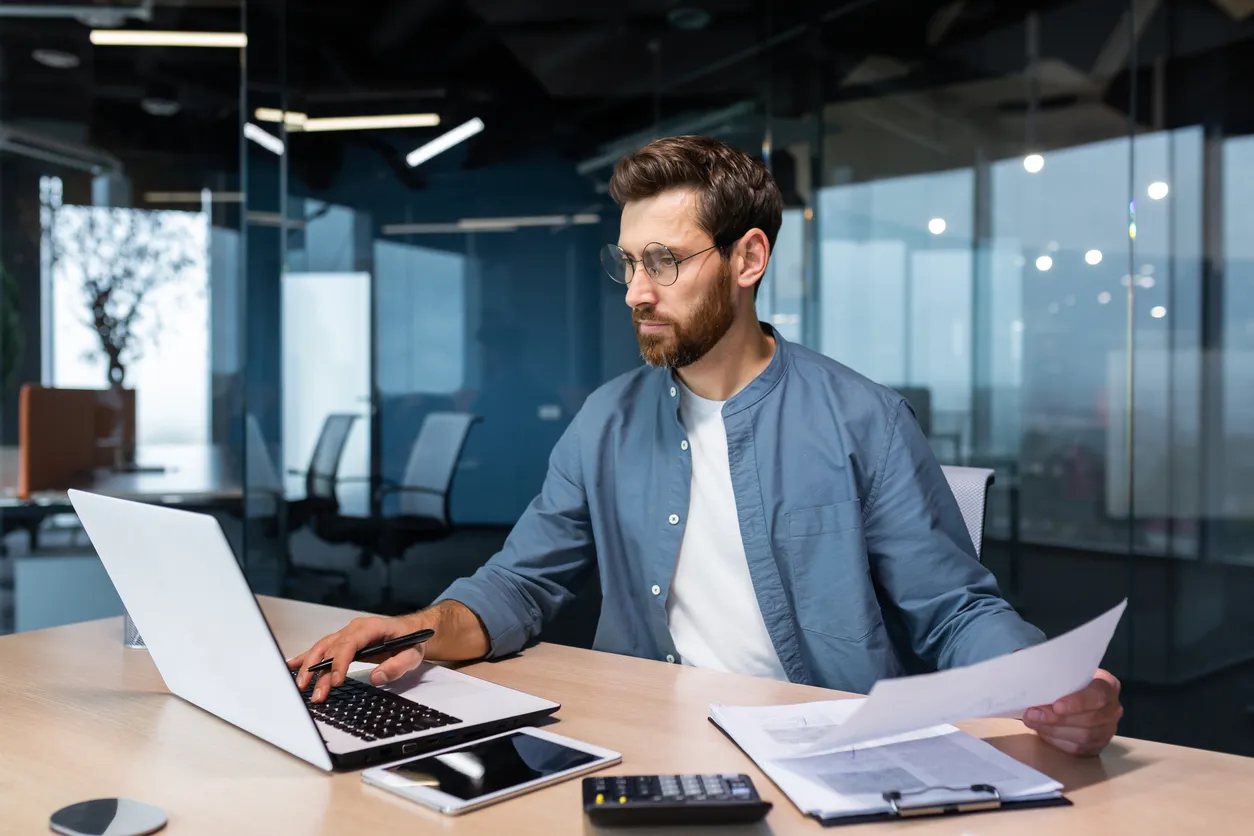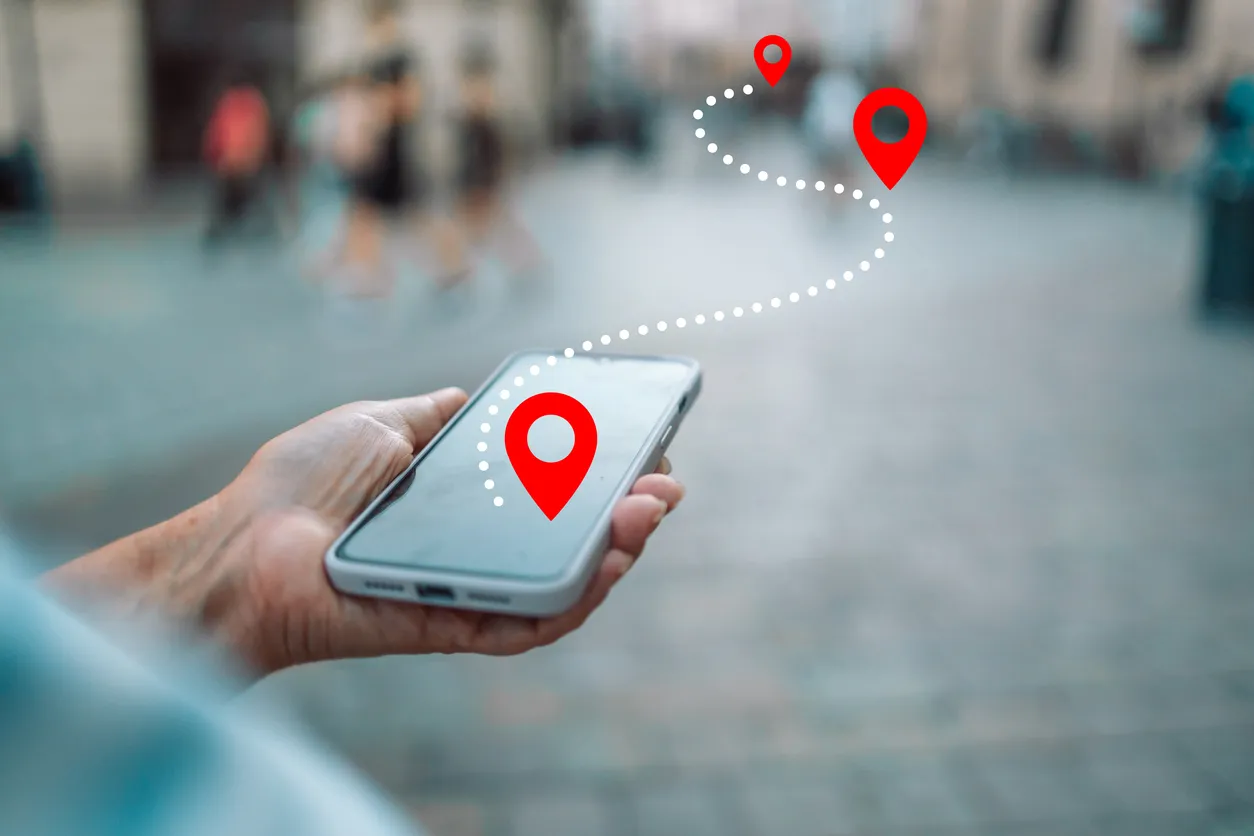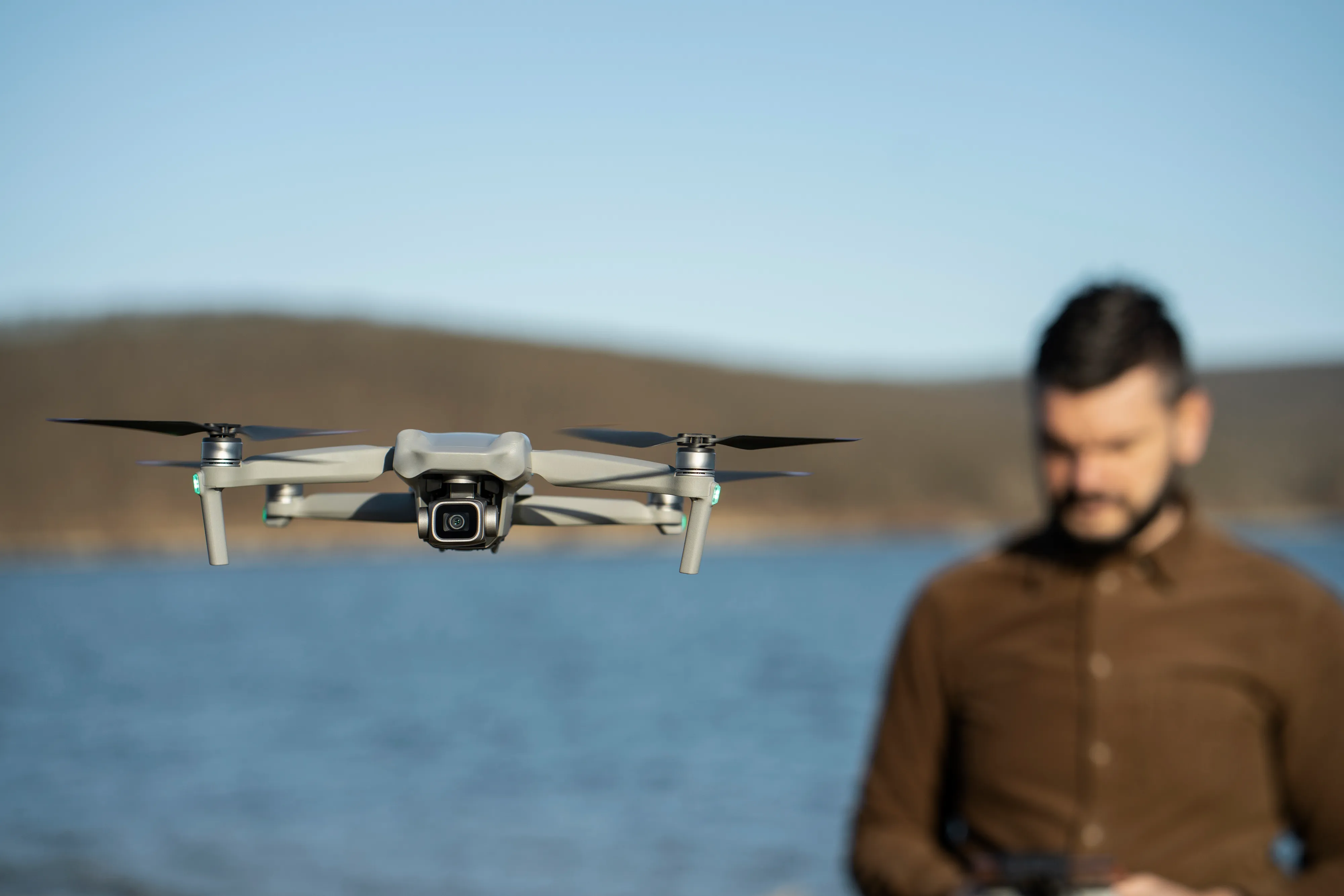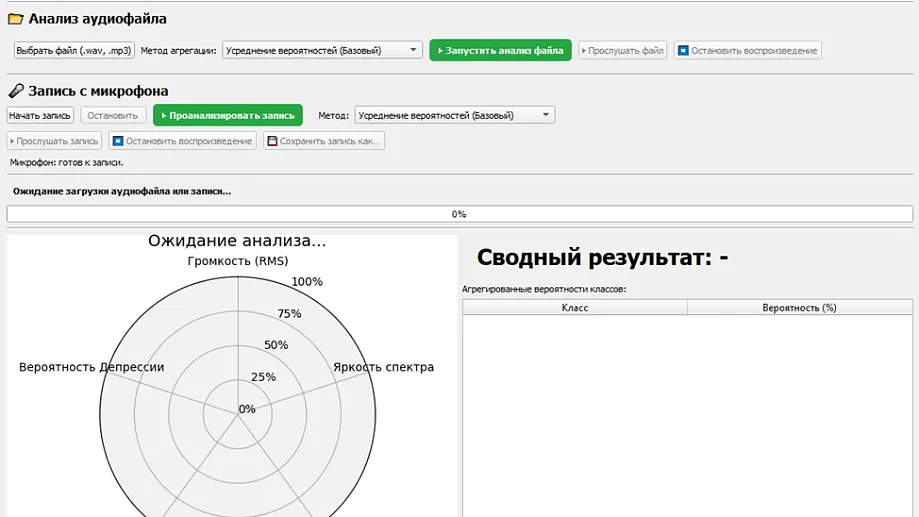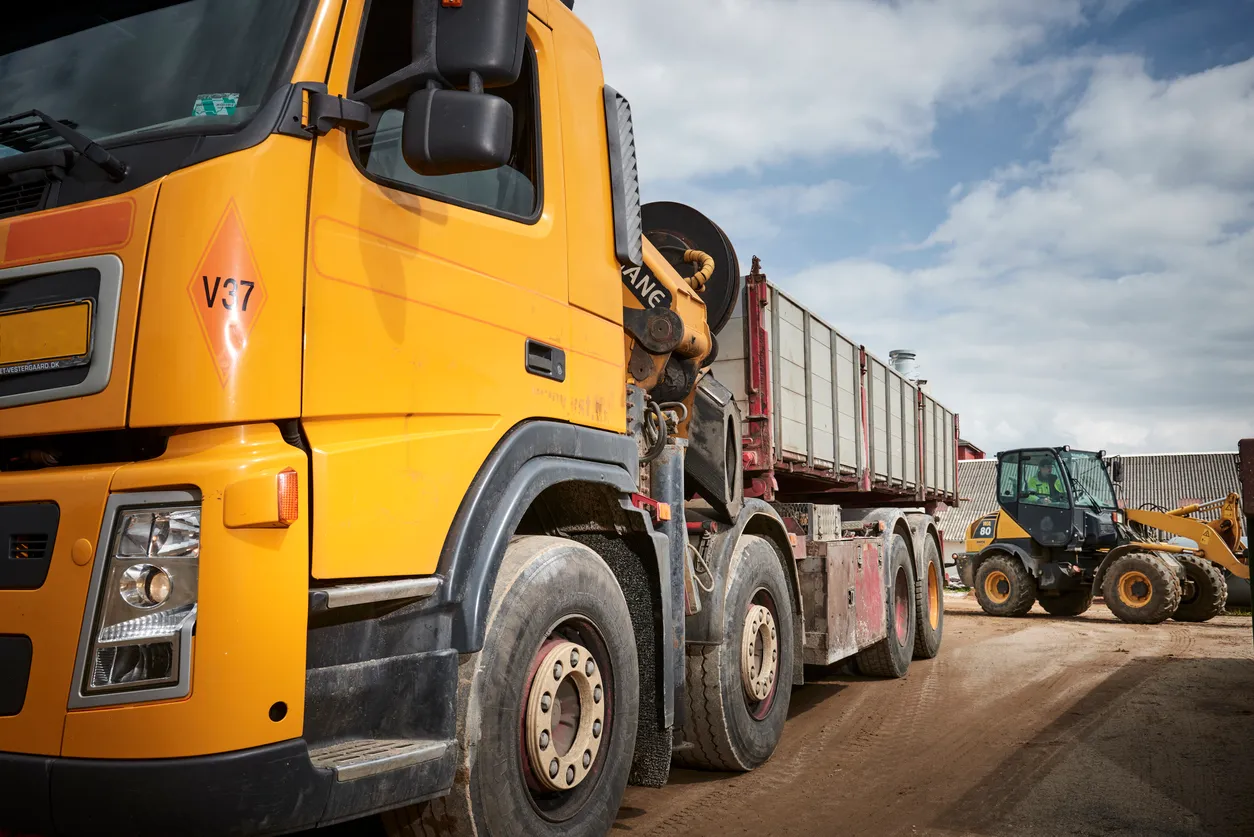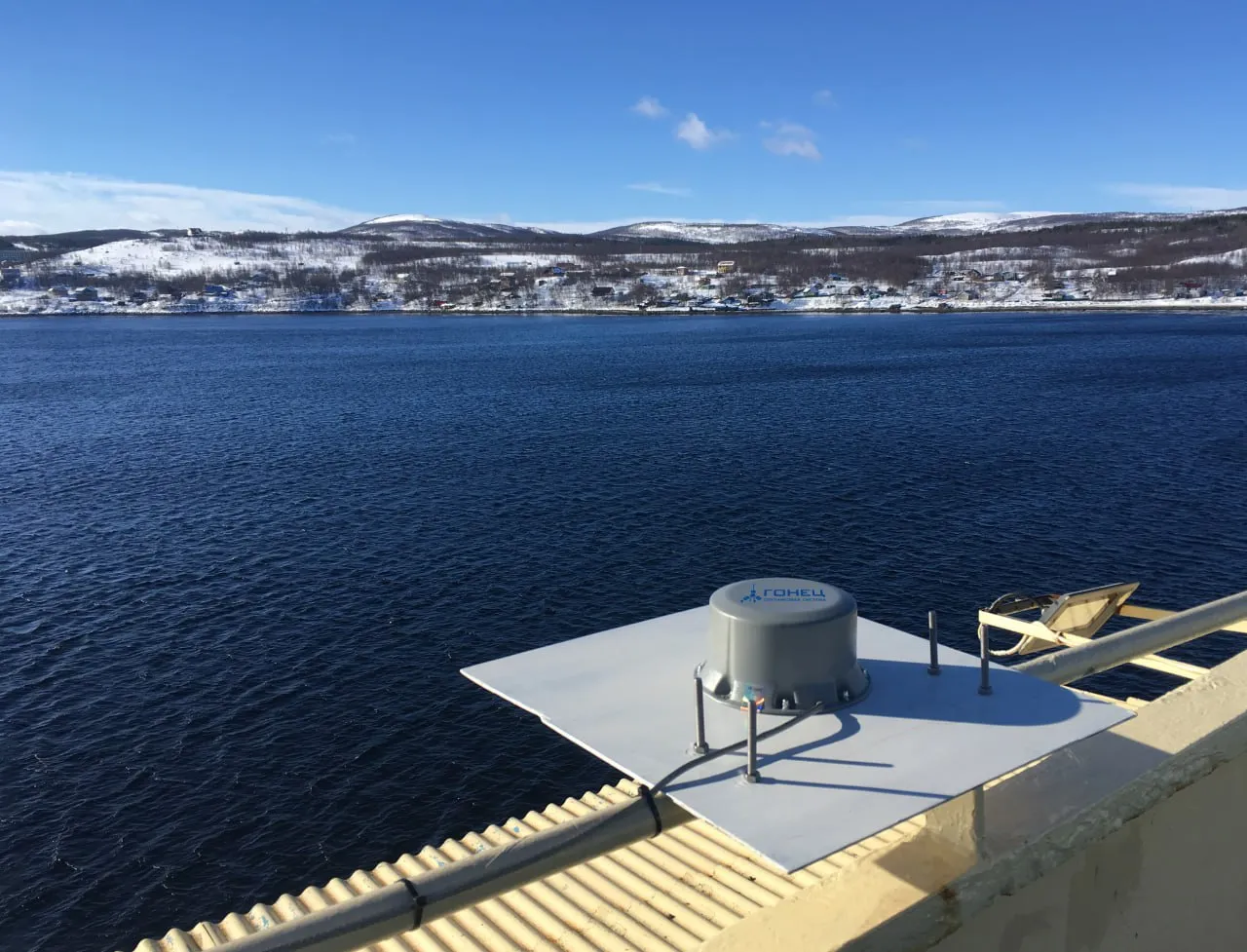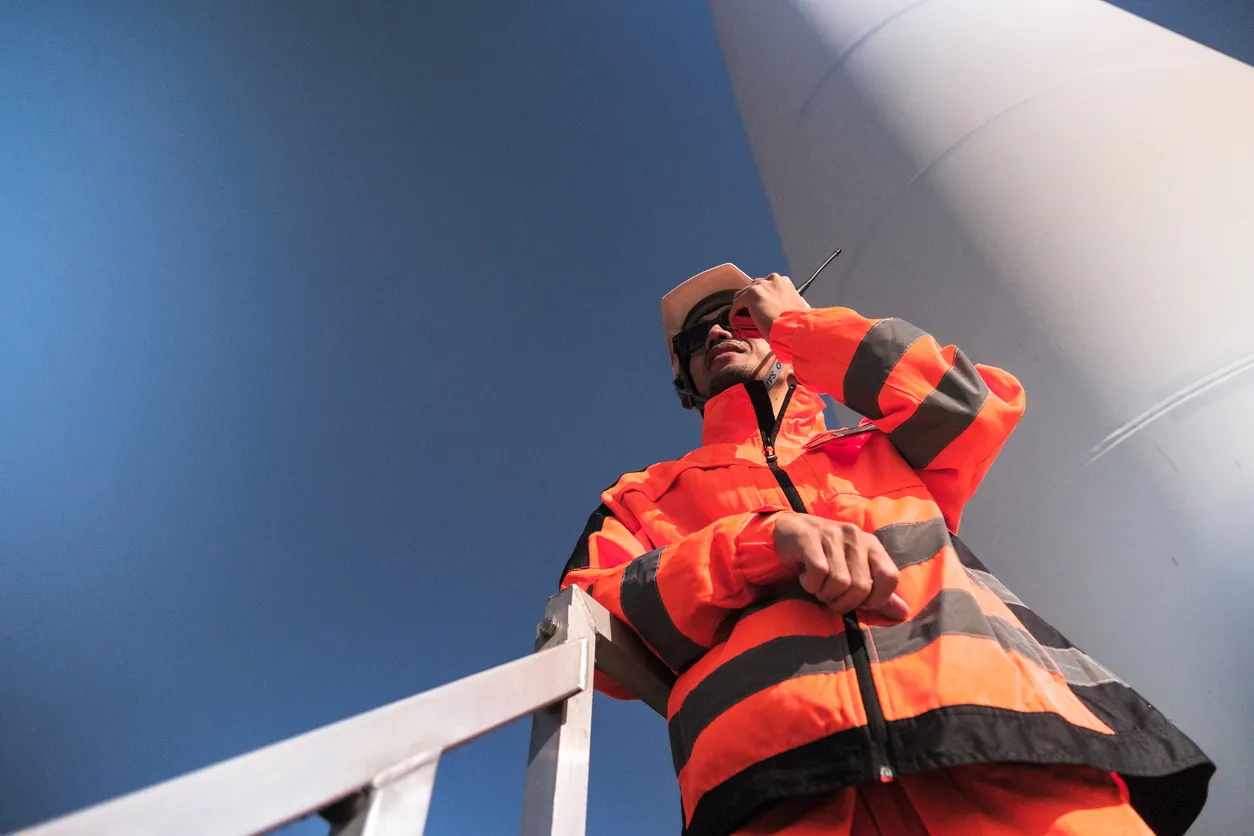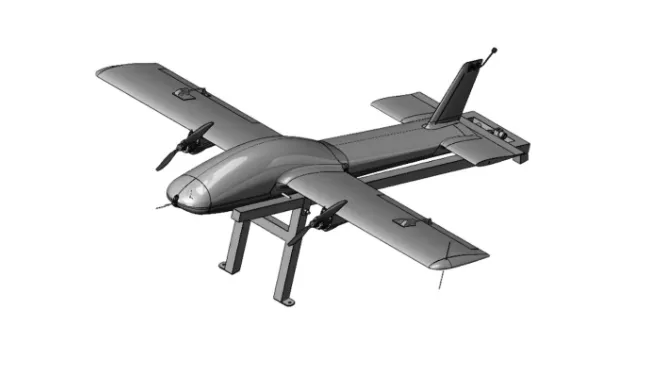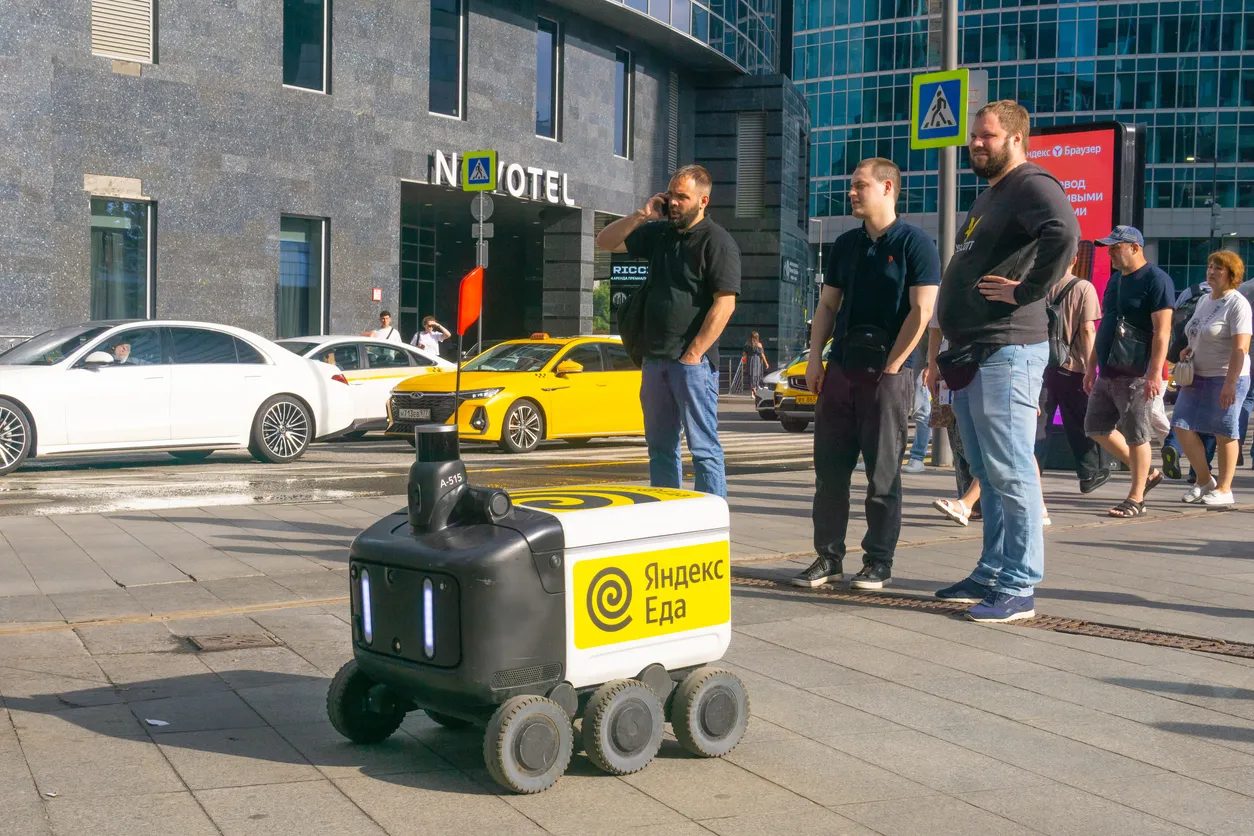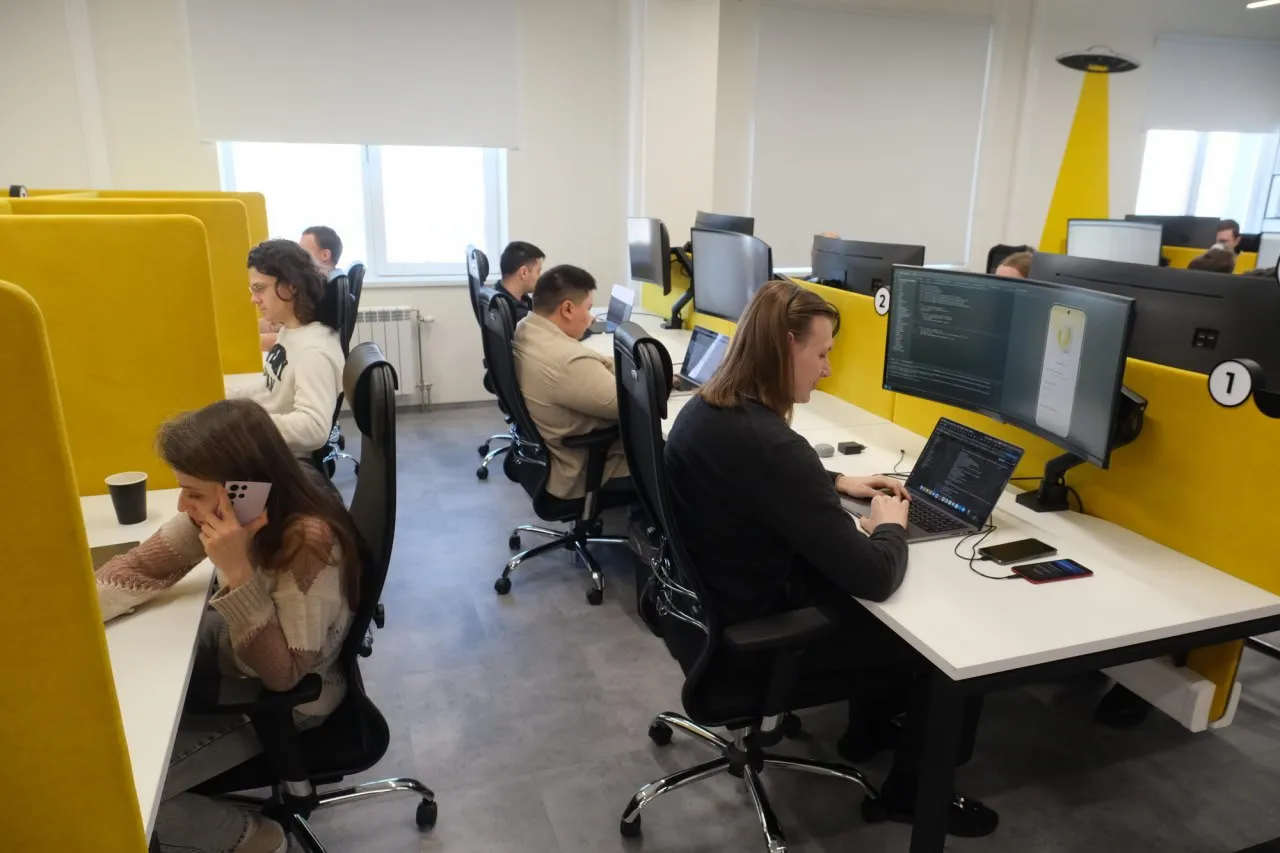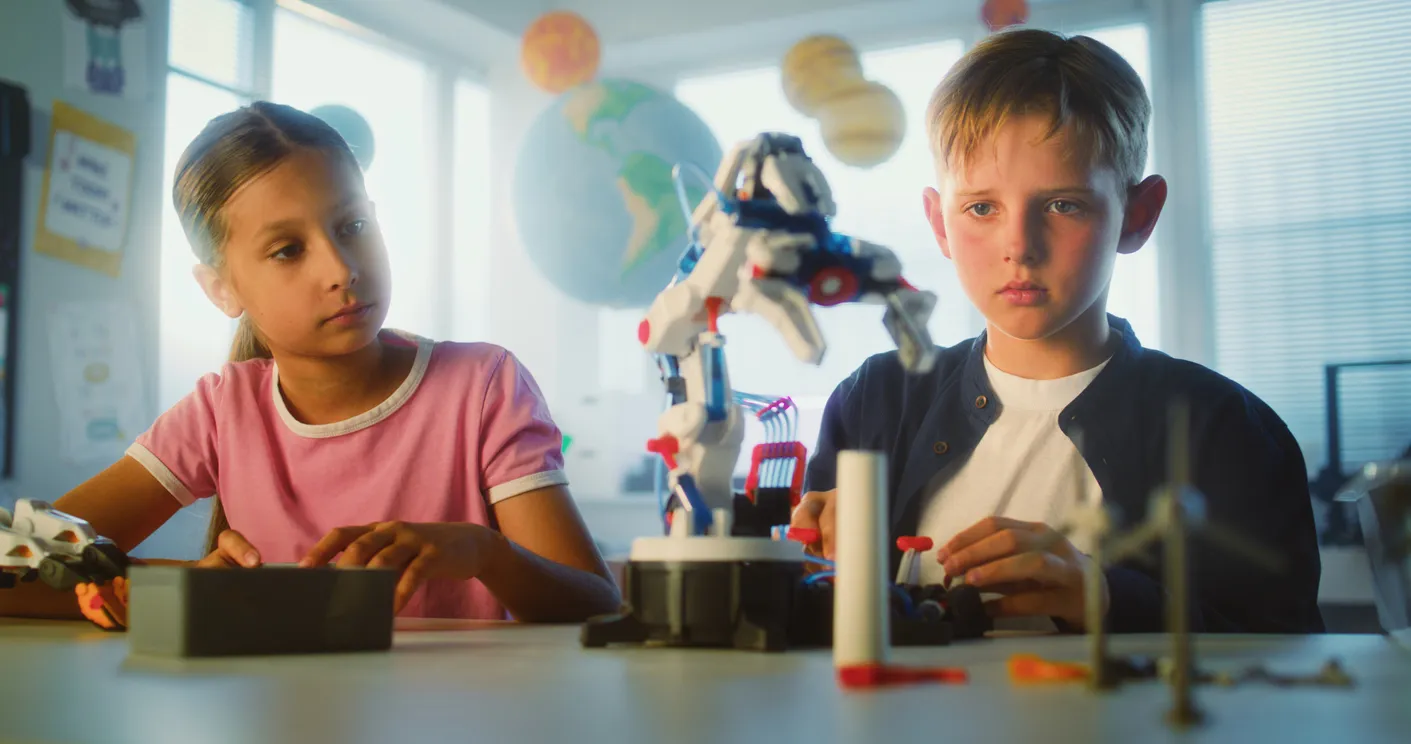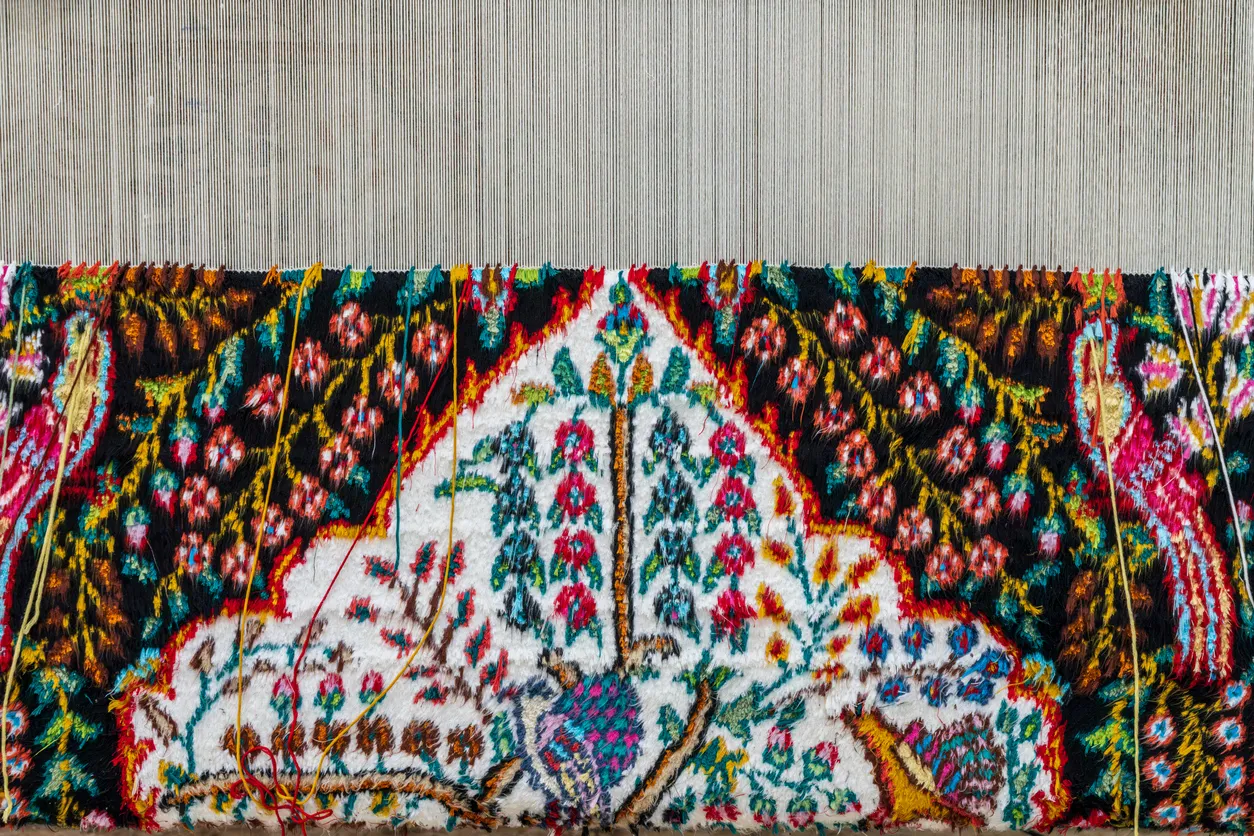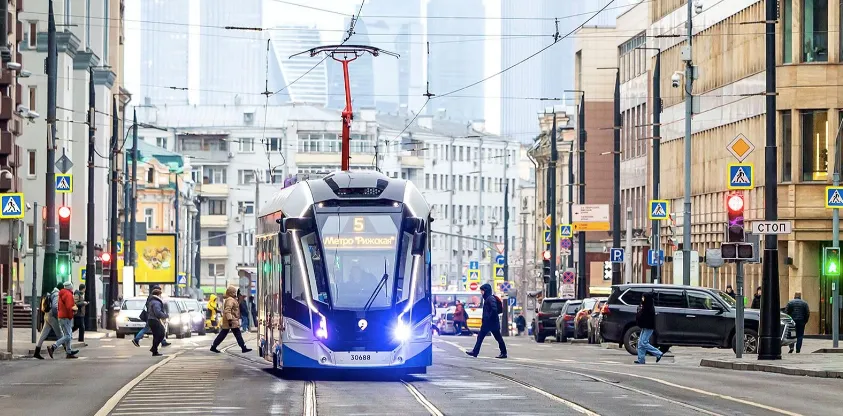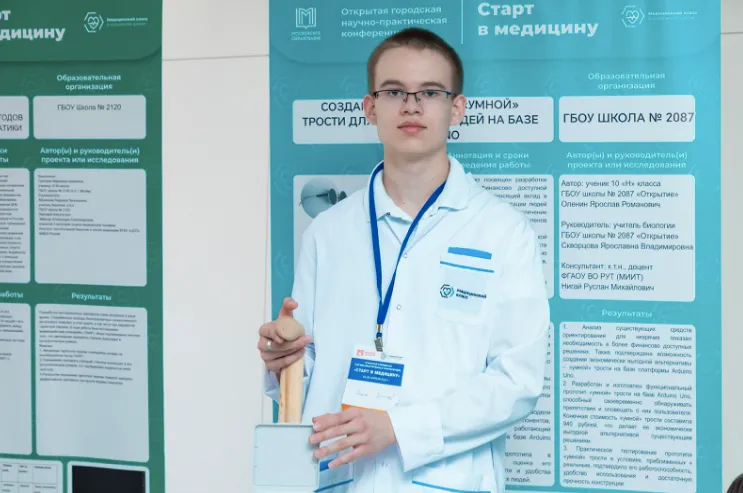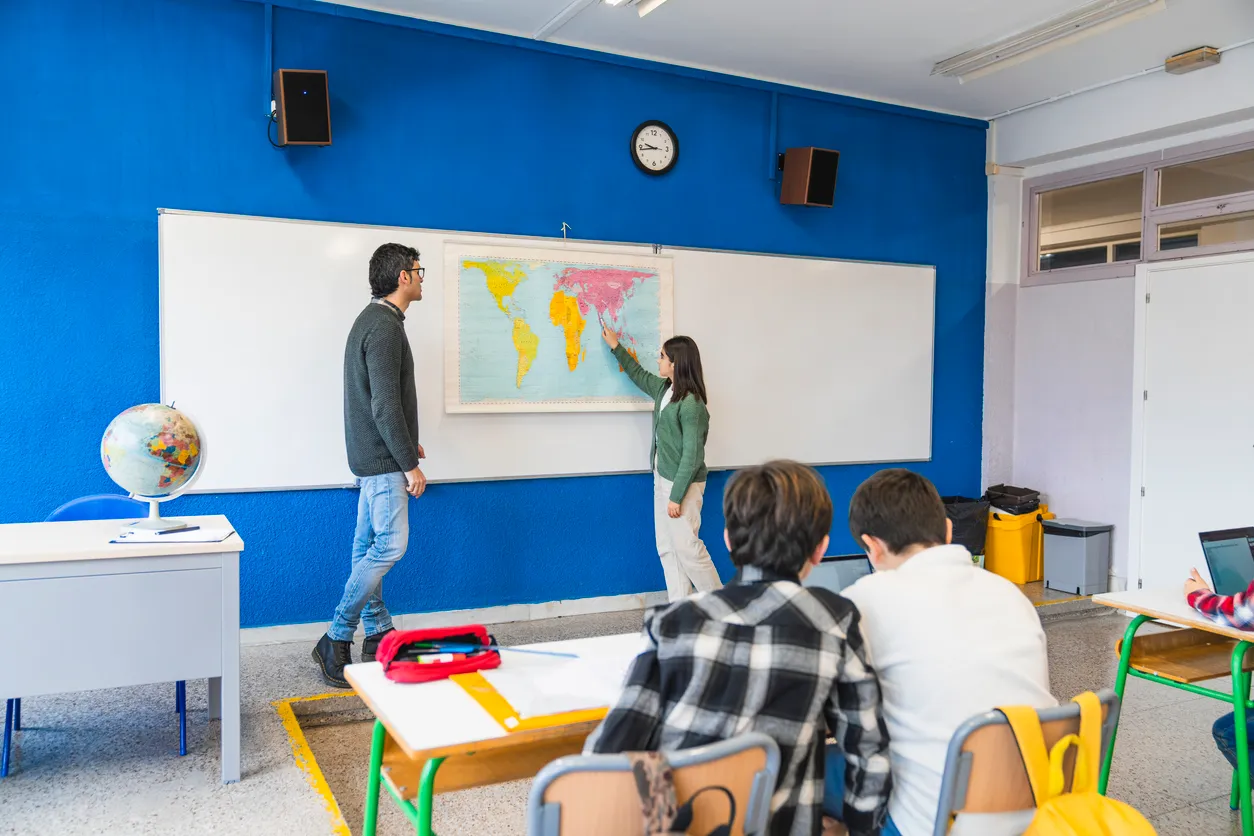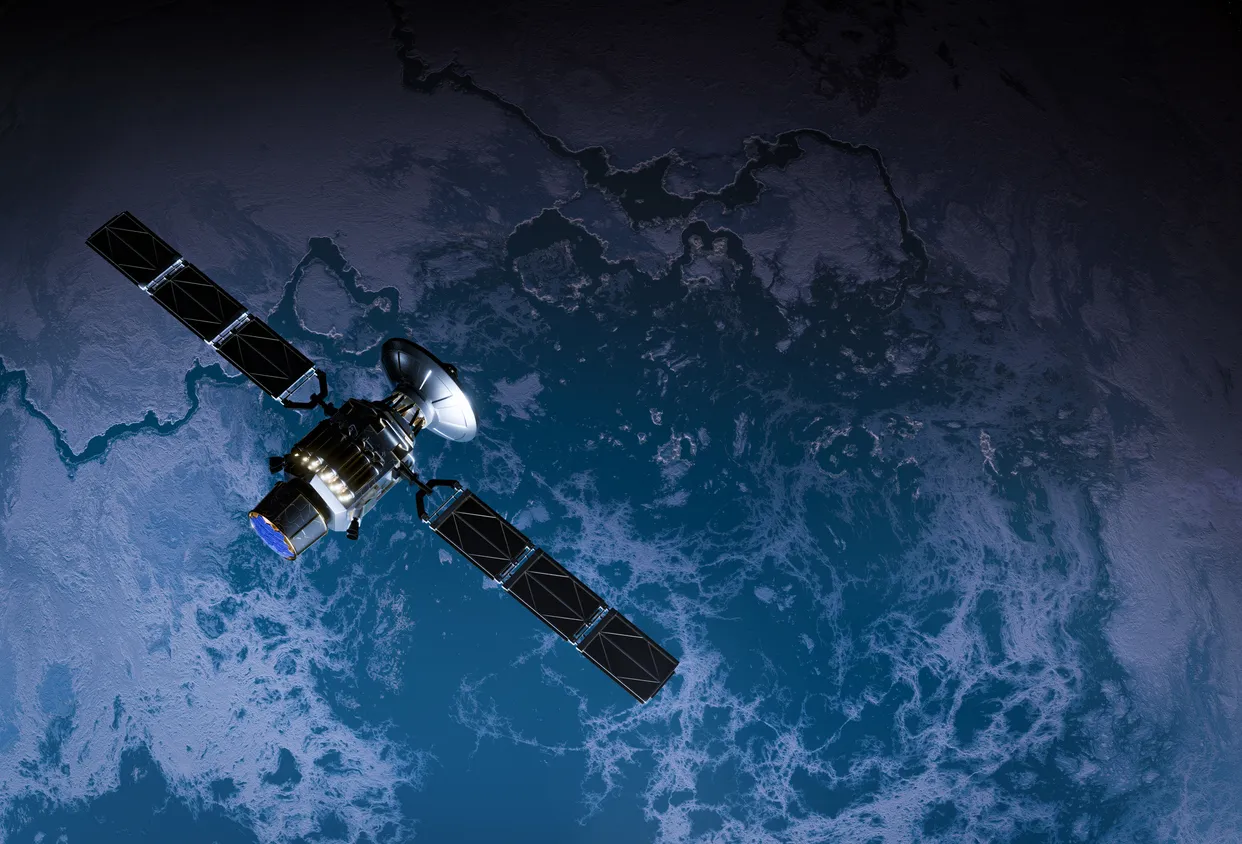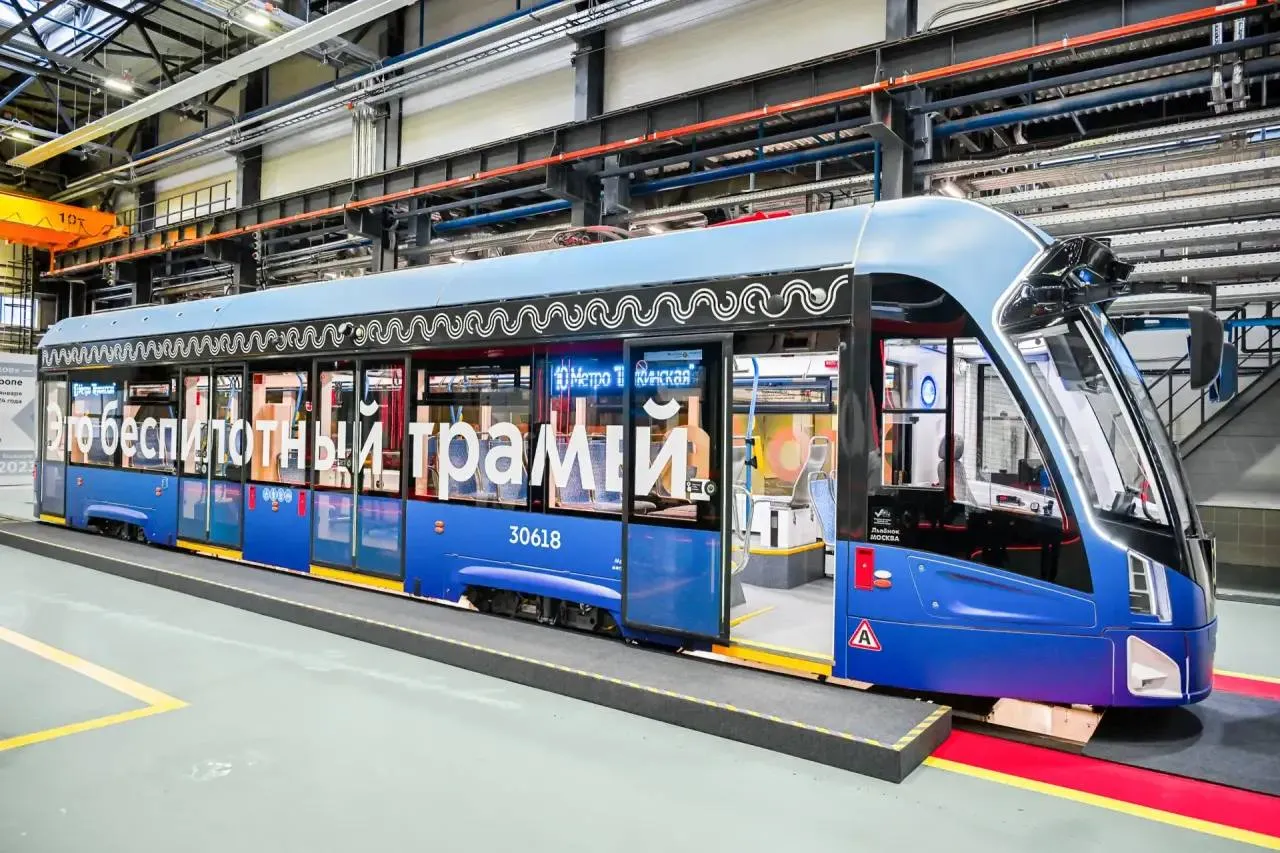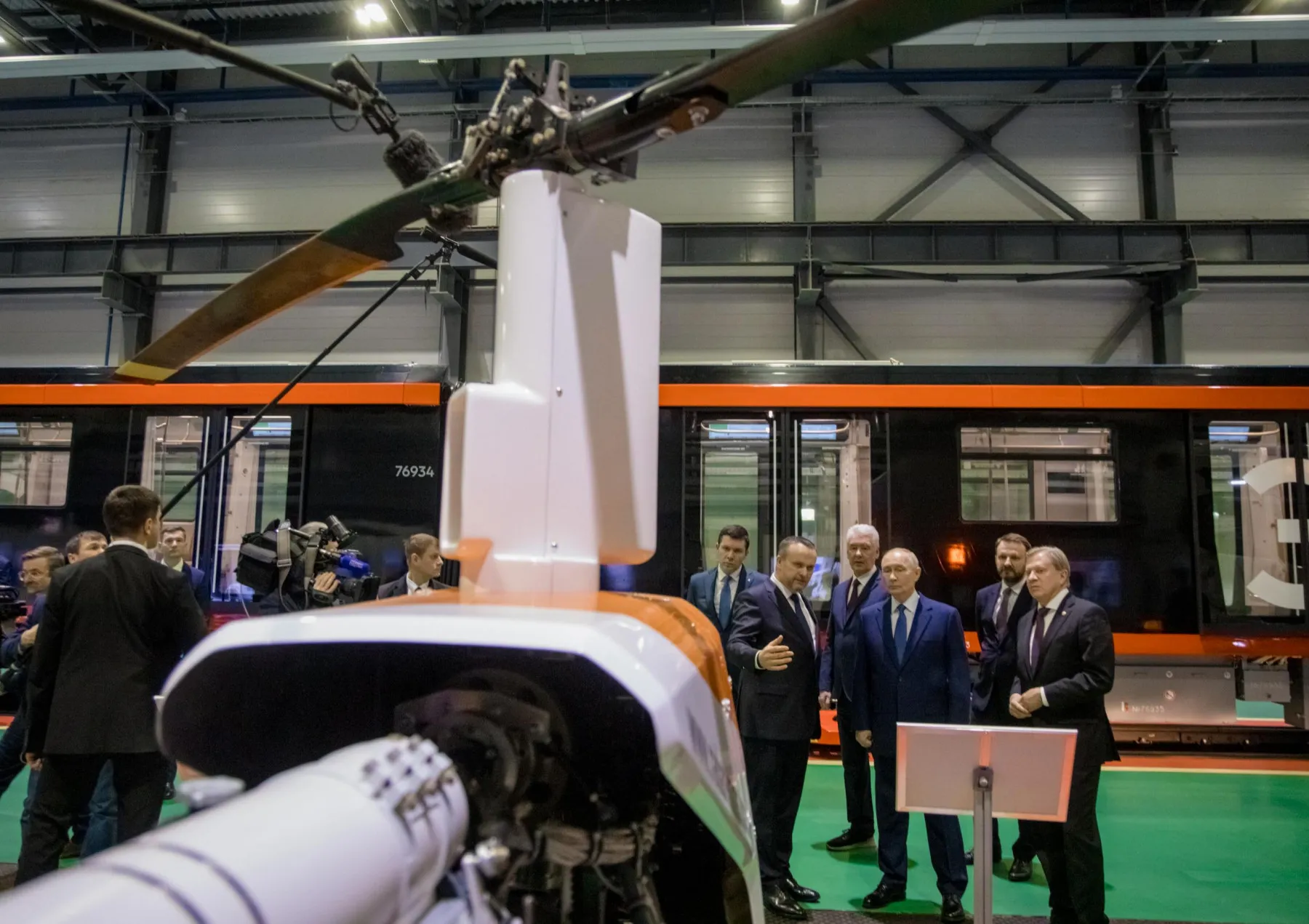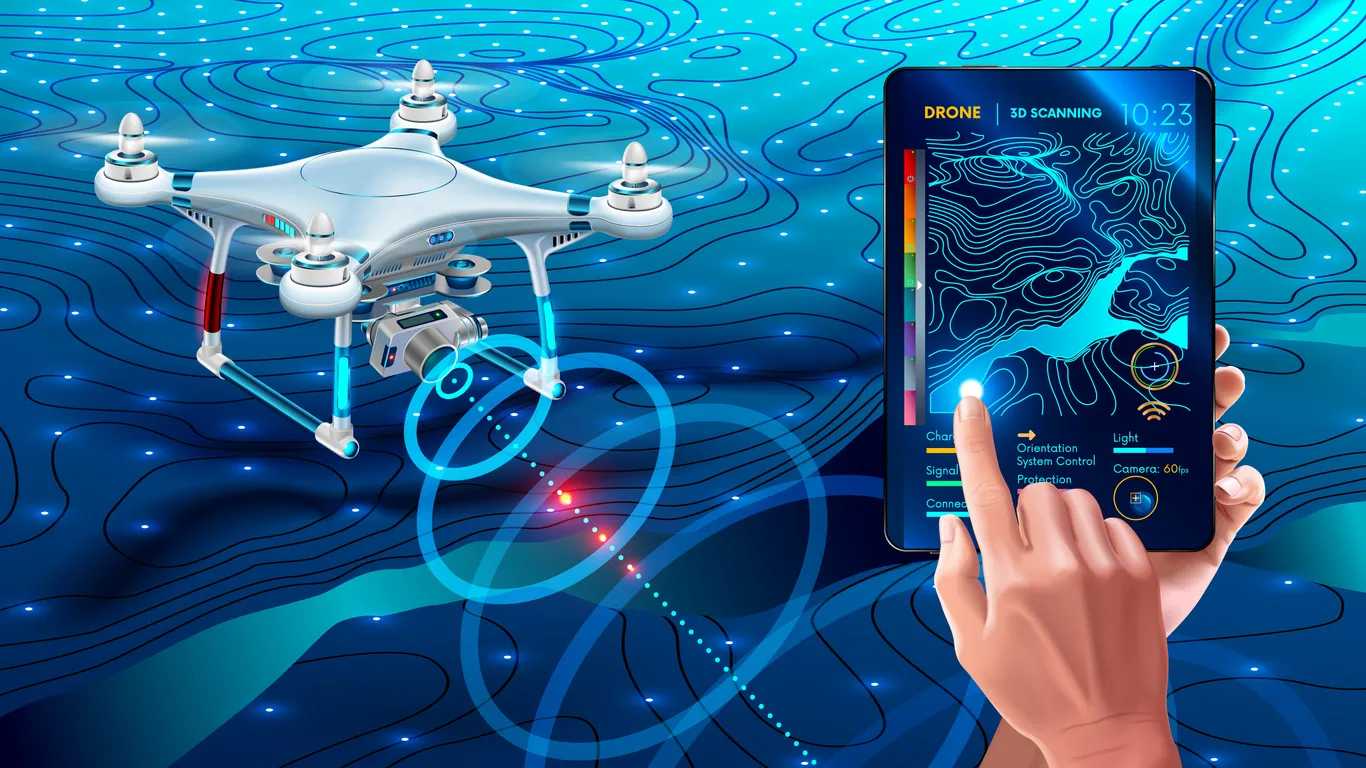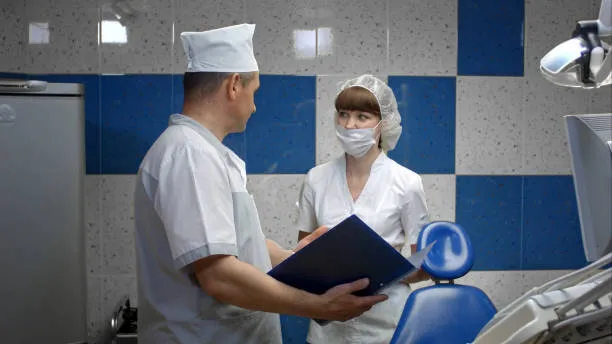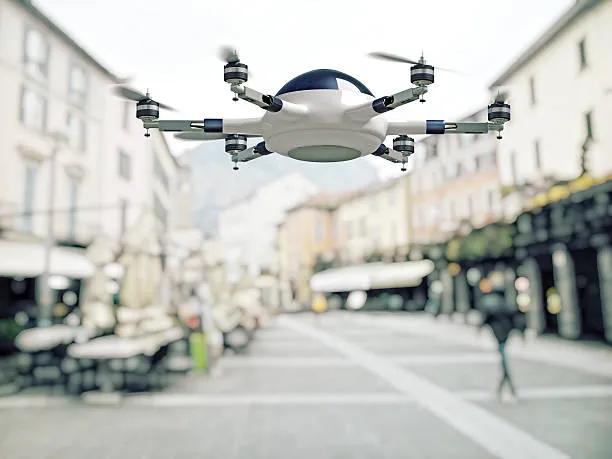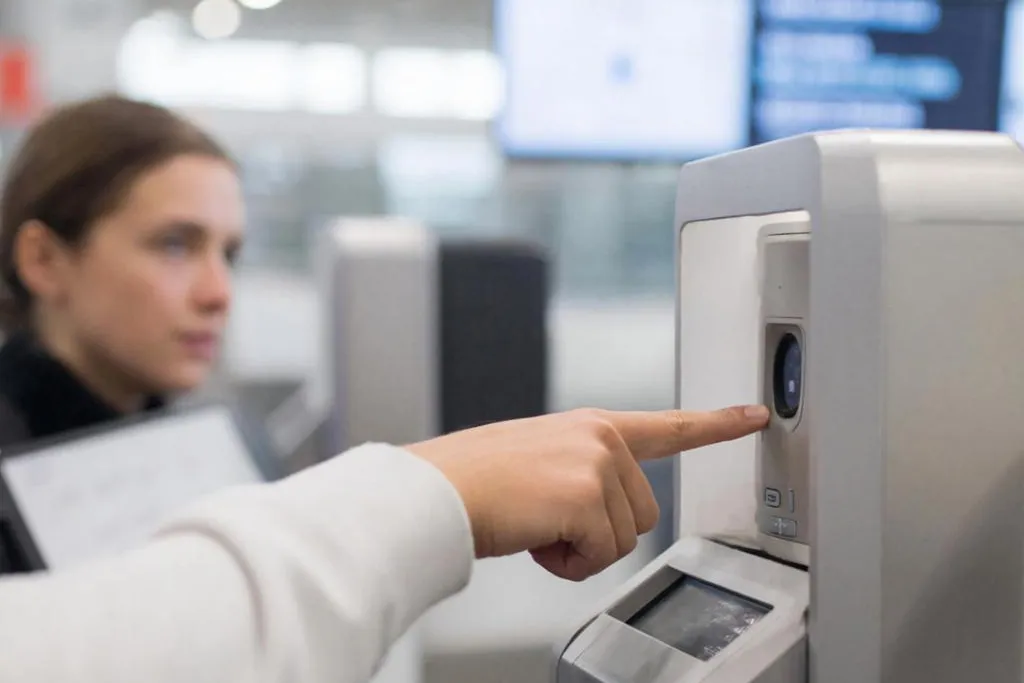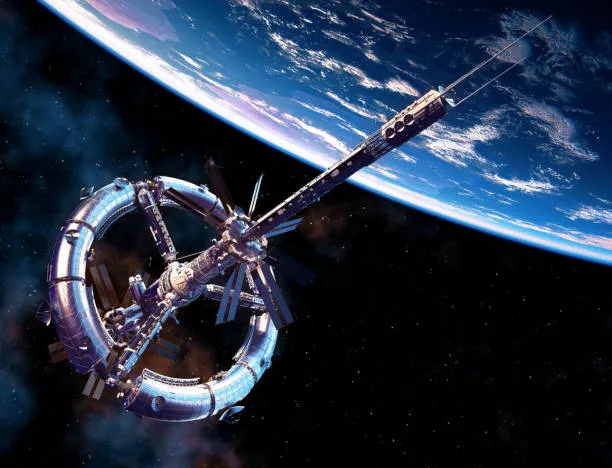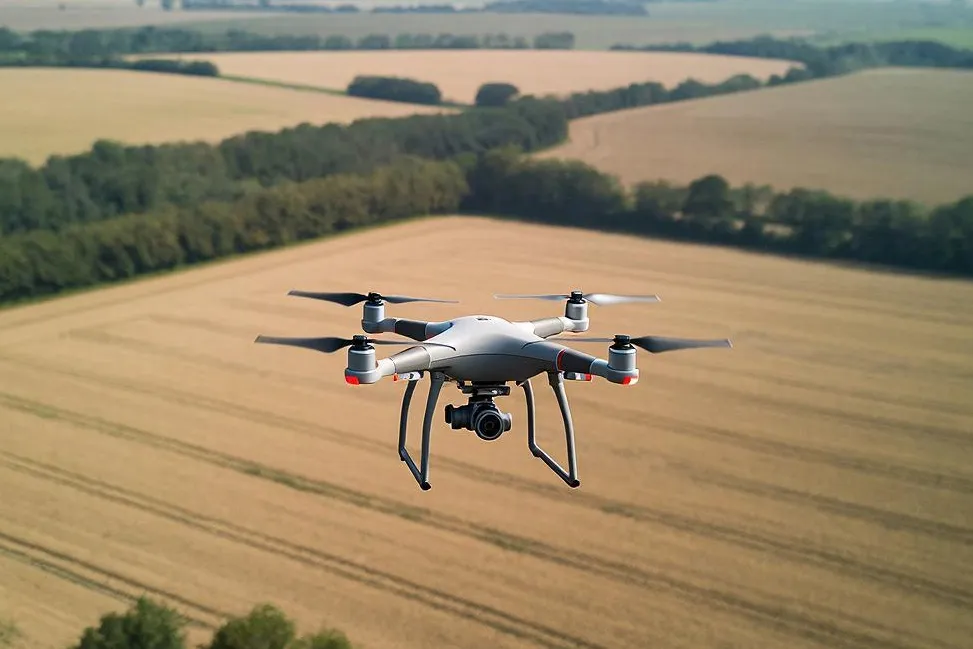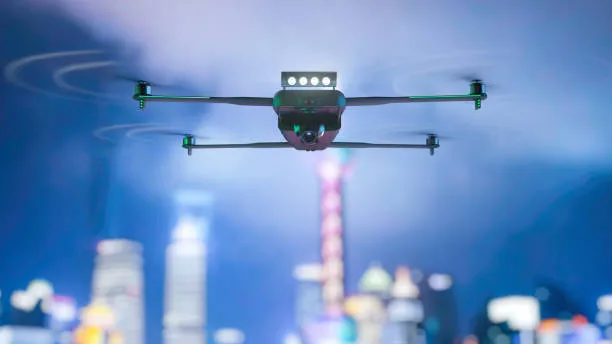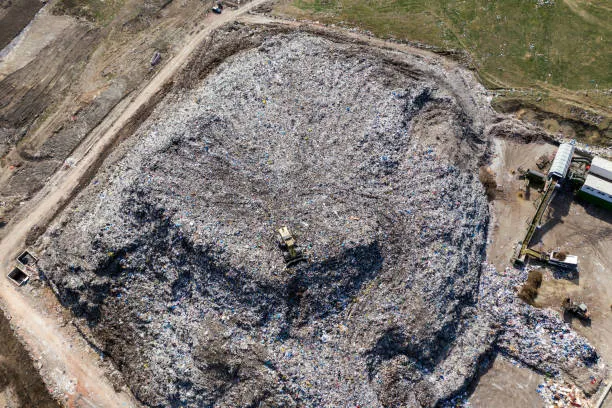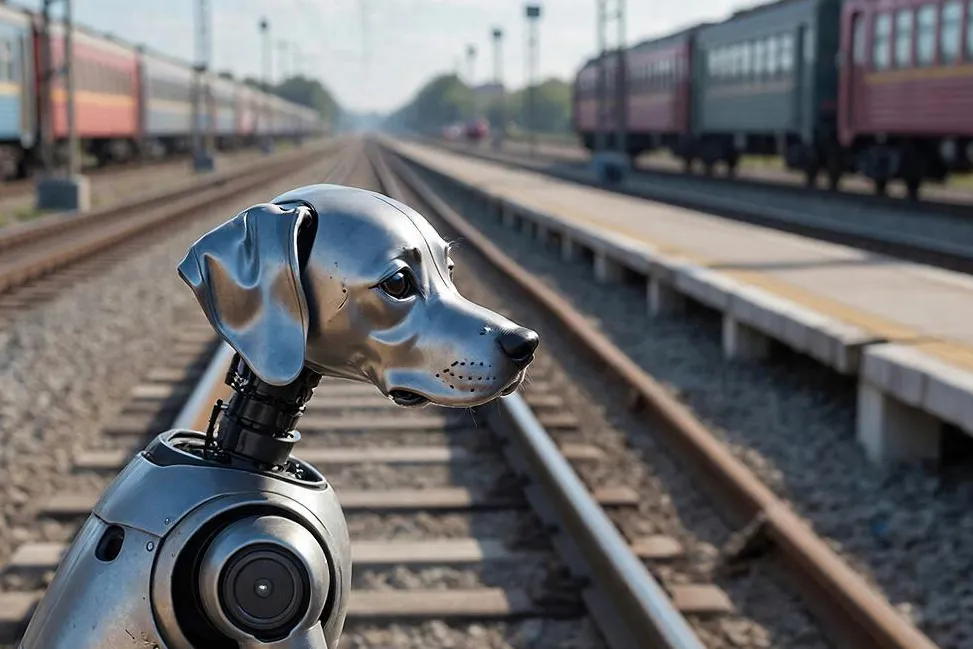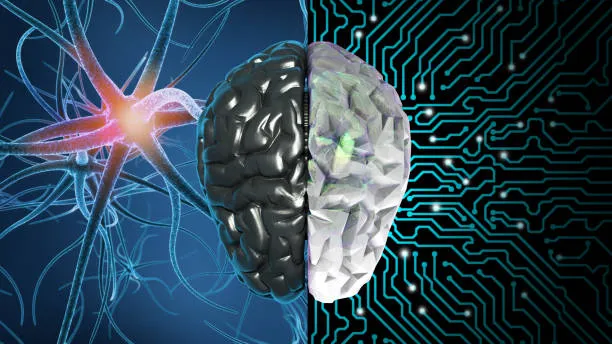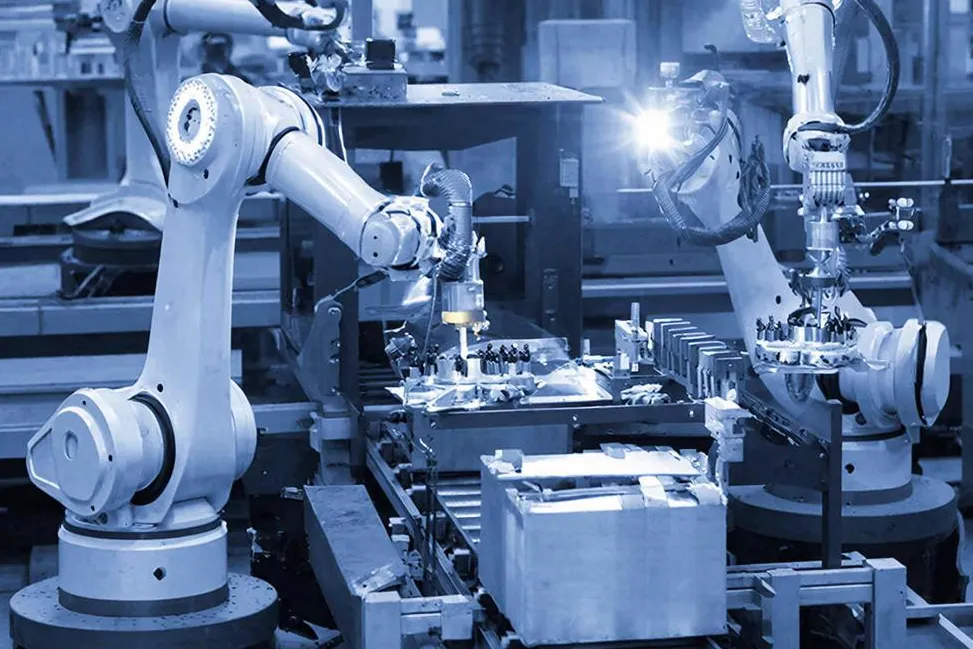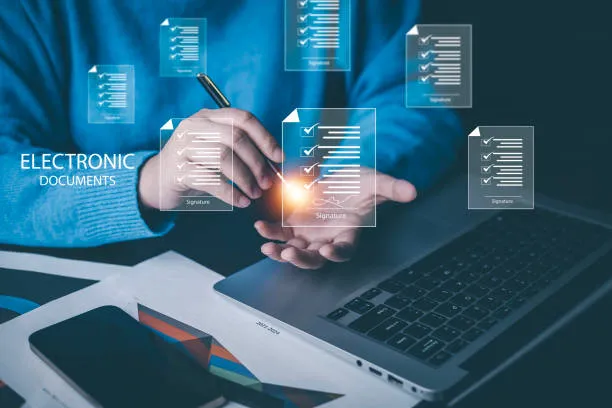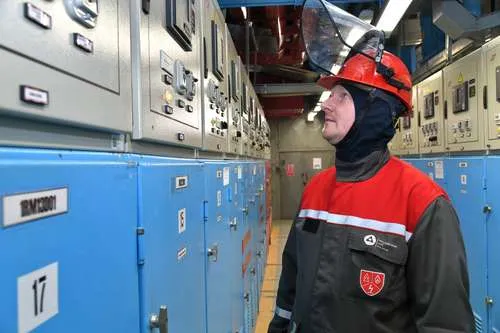Russian Cosmonaut Tests Robot Control Skills After Spaceflight
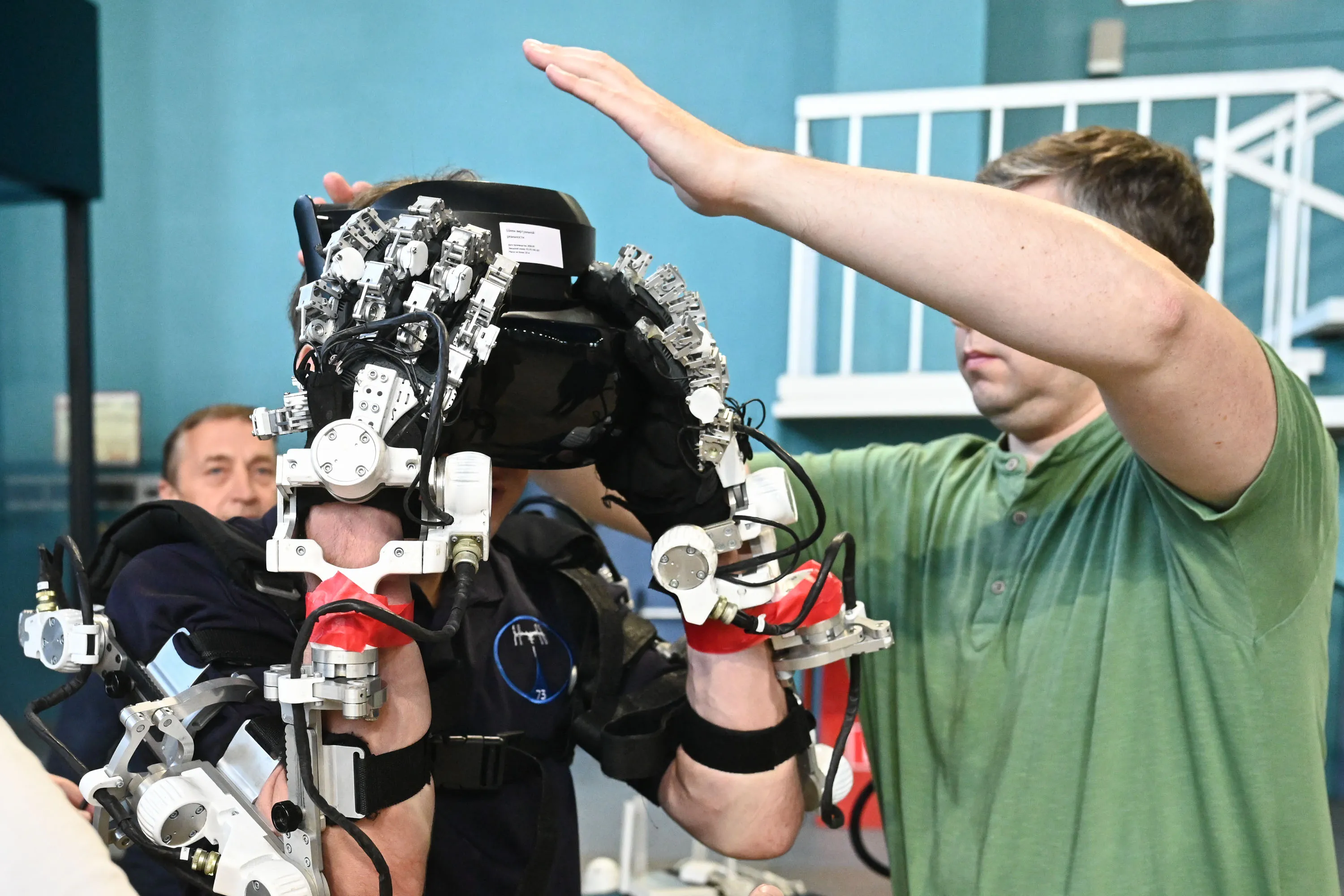
Post-flight experiments at the Gagarin Cosmonaut Training Center are helping researchers understand how long missions in microgravity affect human ability to operate robots. The findings will inform development of the next-generation space robot, Teledroid.
At the Gagarin Cosmonaut Training Center, unique post-flight studies are underway. Cosmonaut Kirill Peskov, who recently returned from the International Space Station (ISS), once again took control of the anthropomorphic robot “Marfa.” Scientists are examining how extended time in weightlessness impacts human operator skills.
Before his mission, Peskov had already worked with Marfa, remotely directing it to perform complex tasks: approaching control panels, moving mock scientific equipment, and handling a carabiner. After returning to Earth, he repeated the same sequence while specialists monitored his physiological metrics.
This is the second such study. Earlier, cosmonaut Ivan Vagner took part in similar trials. The key goal is to compare how control skills recover at different intervals after return — on the fifth and the sixteenth day. These data are critical for planning future interplanetary missions.
All results and astronaut feedback are shared with the developer, Android Technics, to refine control systems. Marfa is already being phased out in favor of a new robot, Teledroid, designed to operate outside the ISS both autonomously and under direct astronaut supervision in emergencies.
A prototype Teledroid has already passed rigorous tests, including centrifuge trials to simulate launch overloads. It is scheduled to be delivered to the ISS in the second half of 2026.






